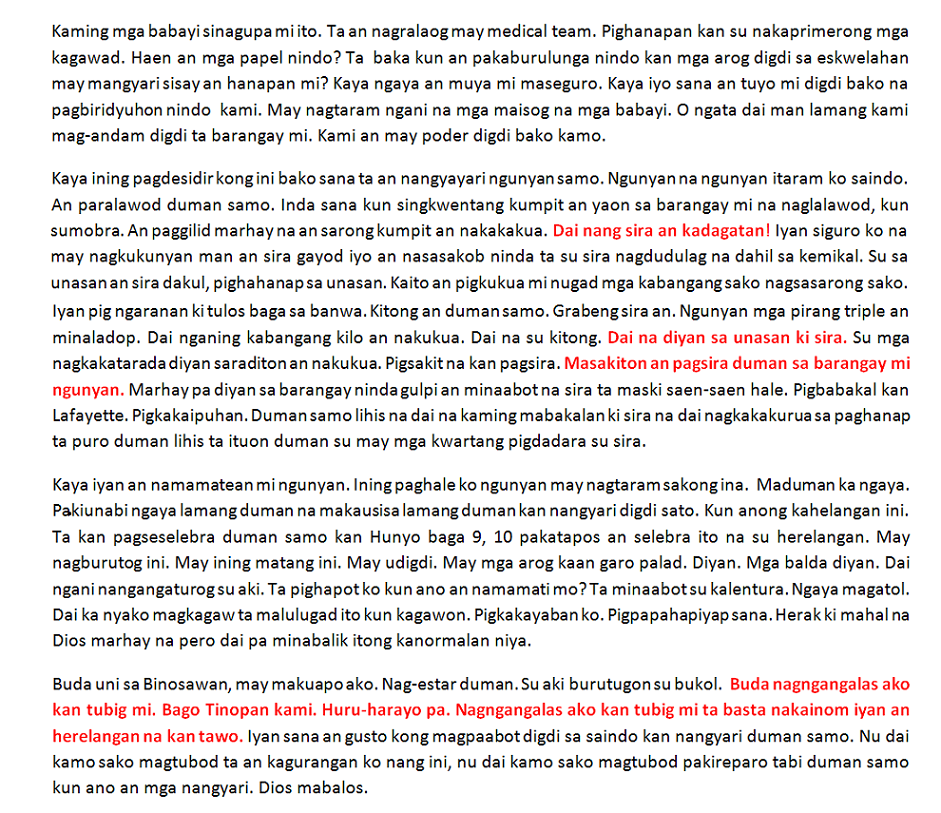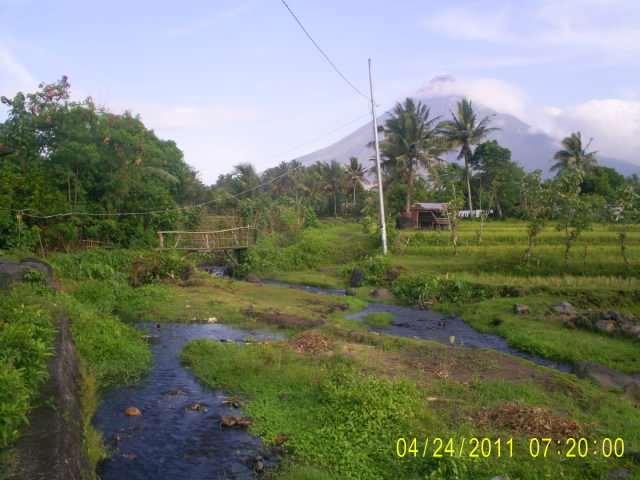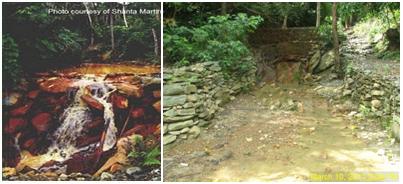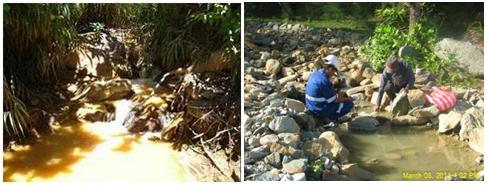- Andrew Hewett
- The Age
- June 4, 2008
Australia can help ensure that food and livelihoods are valued more than gold.
MANY Australian companies are doing great work overseas. They are investing in developing countries, providing job opportunities to local people and working closely with local community organisations.
Some Australian companies, however, are also ignoring people's most basic human rights. They are forcibly removing people from their land, dumping cyanide-laden waste in waterways that are integral to livelihoods and, on the whole, facing none of the legal ramifications they would face at home.
The fact is, some businesses could ruin it for the rest and take Australia's international reputation with them. Those businesses can have a dreadful and lasting impact on thousands of people in hundreds of communities.
For example, Australian miner Lafayette, which went into voluntary administration late last year, operated the Rapu Rapu mine in the Philippines. Oxfam Australia, through its Mining Ombudsman project, has documented several human rights issues relating to that mine. Cyanide-laden spillages from the mine into waterways reduced community food security and had an impact on poor people's livelihoods, contrary to the right to a sustainable livelihood.
The local fishing communities complain that poor environmental practices at the mine have resulted in smaller catches in surrounding waters. Local communities have also been aggrieved by an increased military presence on their small island.
In Geneva yesterday, the Human Rights Council — the United Nations body responsible for promoting universal respect for human rights — was presented with a report on human rights and good business practice. The report, presented by the UN special representative on business and human rights, Professor John Ruggie, proposes a framework to ensure that the business community around the world respects the people whose lives are affected by their practices.
The framework calls on governments to close legal loopholes that allow companies to conduct business without respect for human rights and calls for action to be taken in the countries where companies operate as well as in their "home" countries.
"Governance gaps provide the permissive environment for wrongful acts by companies of all kinds without adequate sanctioning or reparation," the report says.
Ruggie proposes a framework based on the principles of "Protect, Respect and Remedy". The report draws attention to the state's duty to protect against human rights abuses by third parties, including business, the corporate responsibility to respect human rights, and the need for more effective access to remedies.
The solution Ruggie proposes is of great value. Oxfam believes that the Australian Government has a role to play in ensuring that Australian companies operating overseas respect human rights in the communities in which they work — this is especially important in countries with limited capacity to implement effective laws of their own.
Our Government must play a leading role in pushing the business and human rights agenda at the international level if it is to fulfil its self-defined "creative middle-power diplomacy" role. The first step is to find the means to implement the Ruggie model, including by making available innovative forms of redress such as a mining ombudsman for foreign communities affected by Australian companies.
For too long the rights of some communities have been second to the priorities of business. We now have the opportunity to provide some much-needed balance.
Andrew Hewett is executive director of Oxfam Australia. To read the report, go to tinyurl.com/6h7aws
































































































































No comments:
Post a Comment